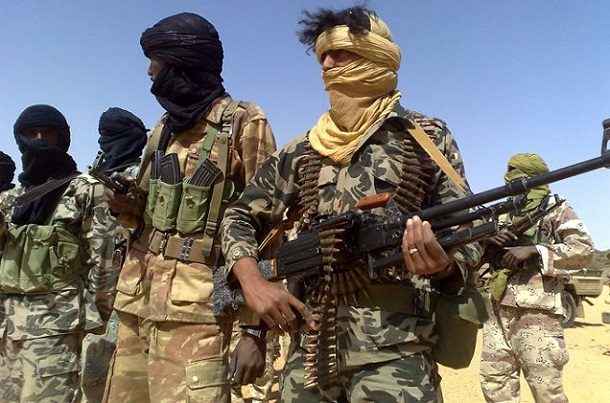
Introduction:
In a disturbing turn of events, the Polisario Front, a Sahrawi rebel group, has claimed responsibility for a recent terrorist attack on Moroccan territory. The attack has once again raised tensions in the long-standing Western Sahara conflict, adding complexity to an already fragile situation.
The Incident:
The attack occurred in the town of Es-Smara, a city located in the disputed region of Western Sahara, which has been a subject of contention between the Polisario Front and Morocco for decades. While the exact details of the attack are still emerging, early reports suggest that it involved a violent confrontation between Polisario militants and Moroccan security forces.
The Polisario Front has confirmed its involvement in the attack, citing it as a response to what they perceive as ongoing Moroccan aggression in the region. The group claims that the attack was a defensive measure to protect the rights of Sahrawi people and their quest for independence.
International Response:
The international community has been quick to respond to the incident. The United Nations, which has been involved in peacekeeping efforts in the region for years, has condemned the attack and called for an immediate de-escalation of tensions. The United States, the European Union, and other key global players have also expressed their concern and urged all parties to seek a peaceful resolution to the conflict.
Ongoing Conflict:
The Western Sahara conflict is a protracted territorial dispute that dates back to the mid-20th century. Morocco claims the region as part of its sovereign territory, while the Polisario Front seeks independence and self-determination for the Sahrawi people. Efforts to reach a comprehensive solution, including a proposed referendum on the status of Western Sahara, have thus far proven unsuccessful.
The attack on Es-Smara is a stark reminder of the complex and volatile nature of this conflict. It underscores the urgent need for renewed diplomatic efforts to find a lasting resolution that respects the rights and aspirations of the people living in the region.
As the situation continues to develop, it is imperative that all parties involved exercise restraint and prioritize dialogue over violence. The recent terrorist attack on Es-Smara serves as a grim reminder of the human cost of the Western Sahara conflict and the pressing need for a peaceful and equitable resolution that can bring stability to the region. The international community must play a constructive role in facilitating negotiations to prevent further bloodshed and suffering.




